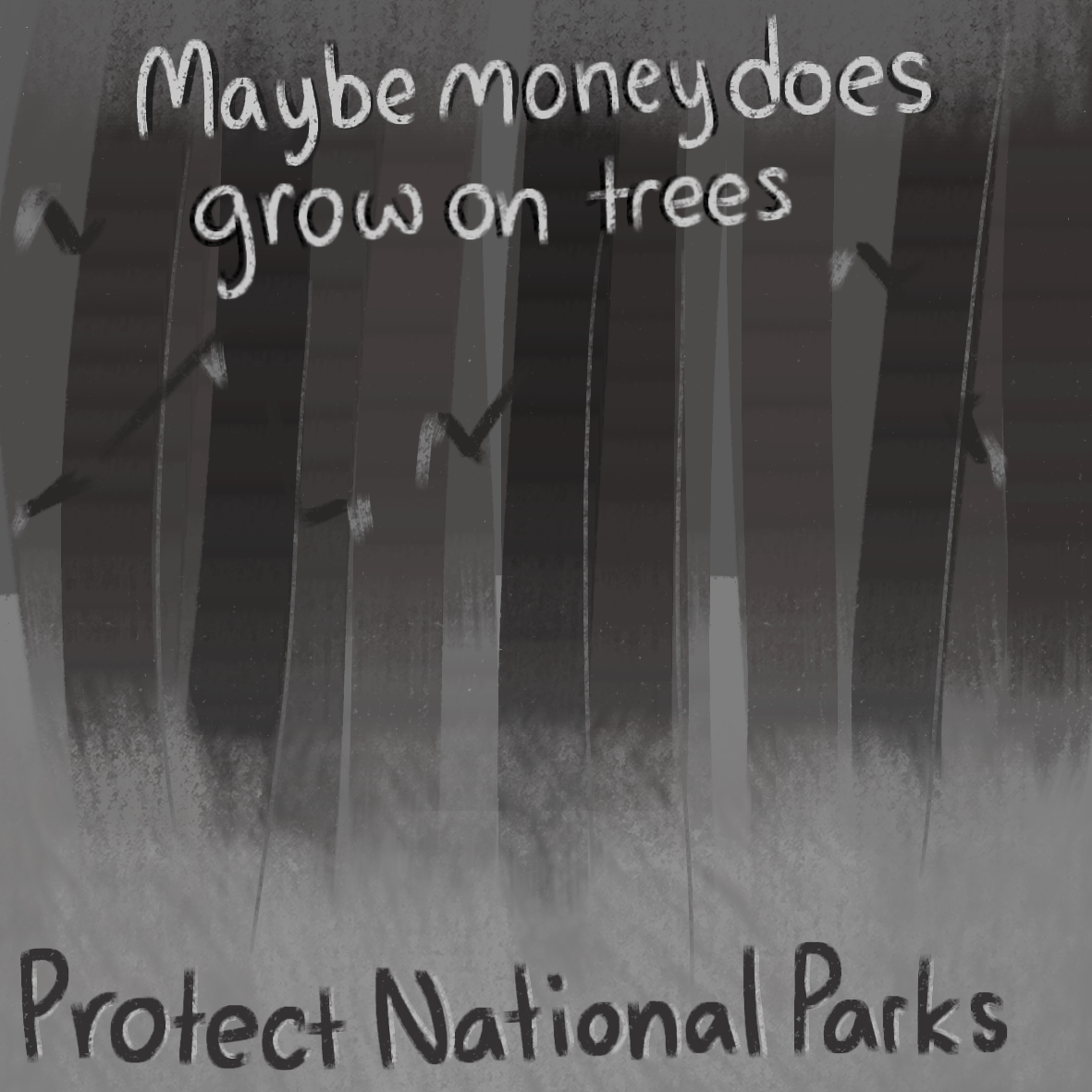As Trump’s administration has made harsh cuts to staff at national parks, forest preserves, and animal habitats, public backlash has increased as both conservation efforts and accessibility to these ecosystems diminish.
According to an article from BBC, National parks receive a lot of foot traffic with about 325 million visitors annually, as well as 159 million visitors at National forests annually, and these cuts have dwindled the management of these parks.
Additionally, about 10% of the National Forest Service’s staff has been impacted by these cuts, which is about 3,400 workers, and many of these parks have already been understaffed.
These workers help to maintain many aspects of our parks, including keeping the parks clean and clear of trash, keeping the park safe for its surrounding wildlife as well as its visitors, maintaining protection for endangered species, researching wildlife and local ecosystems, and more.
Protecting our National parks, forest preserves, and wildlife habitats is crucial to our environment, but without public park employees, our land, wildlife, and park visitors are less protected and in danger.
National parks also bring in an immense amount of profit for the government.
According to nps.gov, (National Park Service) in 2023, guest spendings in communities near national parks reached a record high of $55.6 billion benefit to the nation’s economy as well as supporting 415,400 jobs.
With visitors bringing in so much revenue to the government, it does not make any sense for Trump’s administration to cut federal park funding. This will hurt the economy and the businesses surrounding these parks.
According to an article from BBC, DOGE (The Department of Government Efficiency), run by Elon Musk, claimed that they have saved over $65 billion from the widespread cuts which have “affected dozens of federal agencies across the government.” That being said, it has produced no actual evidence backing that statement, “which would represent around 0.9% of the entire 2024 federal budget.”
They are cutting budgets from a profit that does nothing but bring in large amounts of revenue for the government, so choosing to make these cuts does not benefit the government as they would like it to.
Many environmental advocates say that people who are planning to visit National parks this summer are to expect numerous issues, such as “increased litter, a shortage of lodging and the unavailability of many services they have come to expect.”
All in all, these federal cuts will not improve our country’s immense debt and instead will hinder the large amount of profit that National parks bring in annually. It will hurt our economy, our environment, state park workers’ jobs, and the visitor experience from visiting these parks.








